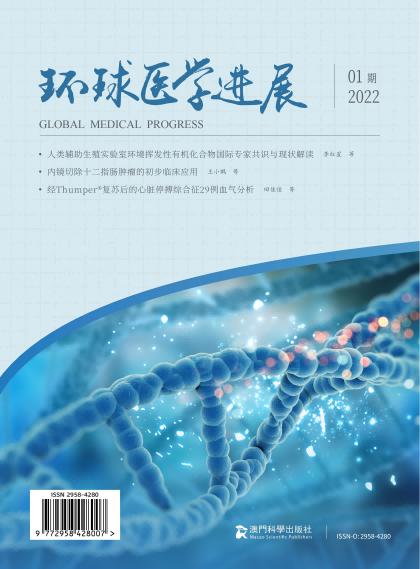摘 要:
目的:探讨农村慢性病患者照护者获益感现况。方法:2022年7月—9月,采用横断面调查法,应用照护者积极感受量表对山东省17个地市的192名慢性病患者照护者进行调查研究。结果:60.9%的慢性病患者照护者自我感觉健康状况良好;照护者积极感受量表总得分为28.94±3.94分;其中,不同性别、年龄、婚姻状况、宗教信仰、与被照顾者的关系等照护者自我获益感得分差异均有统计学意义(P<0.05)。结论:慢性病患者照护者的获益感总体处于中等水平。慢性病给慢性病患者照护者带来了巨大的压力,主要体现在照护者的正常生活、工作逐渐以患者为中心,增加了照护者的负担;多数照护者在病程急性期时存在自我概念缺失,以及不同程度的焦虑、抑郁等负面情绪。
关键字:慢性病;照护者;获益感;建议措施
Abstract:
Objective: To explore the status quo of benefit finding among caregivers of chronic disease patients in rural areas. Methods: From July to September 2022, a cross-sectional survey was conducted to investigate 192 caregivers of patients with chronic diseases from 17 cities in Shandong Province using the Positive Aspects of Caregiving Scale. Results: 60.9% of the caregivers of chronic disease patients felt that they were in good health status. The total score of Positive Aspects of Caregivers Scale was 28.94±3.94. Among them, there were statistically significant differences in the scores of self-benefit of caregivers with different gender, age, marital status, religious belief, and relationship with the carer (P < 0.05). Conclusion: The benefit finding of caregivers of patients with chronic diseases is generally at a moderate level. Chronic diseases bring great pressure to the caregivers of patients with chronic diseases, which is mainly reflected in the normal life and work of caregivers becoming patient-centered, increasing the burden of caregivers. Most caregivers had lack of self-concept and negative emotions such as anxiety and depression in the acute stage of the disease. Objective: To explore the status quo of benefit finding among caregivers of chronic disease patients in rural areas. Methods: From July to September 2022, a cross-sectional survey was conducted to investigate 192 caregivers of patients with chronic diseases from 17 cities in Shandong Province using the Positive Aspects of Caregiving Scale. Results: 60.9% of the caregivers of chronic disease patients felt that they were in good health status. The total score of Positive Aspects of Caregivers Scale was 28.94±3.94. Among them, there were statistically significant differences in the scores of self-benefit of caregivers with different gender, age, marital status, religious belief, and relationship with the carer (P < 0.05). Conclusion: The benefit finding of caregivers of patients with chronic diseases is generally at a moderate level. Chronic diseases bring great pressure to the caregivers of patients with chronic diseases, which is mainly reflected in the normal life and work of caregivers becoming patient-centered, increasing the burden of caregivers. Most caregivers had lack of self-concept and negative emotions such as anxiety and depression in the acute stage of the disease.
Keywords: Chronic diseases; Caregivers; Perceived benefit; Recommended measures
--
